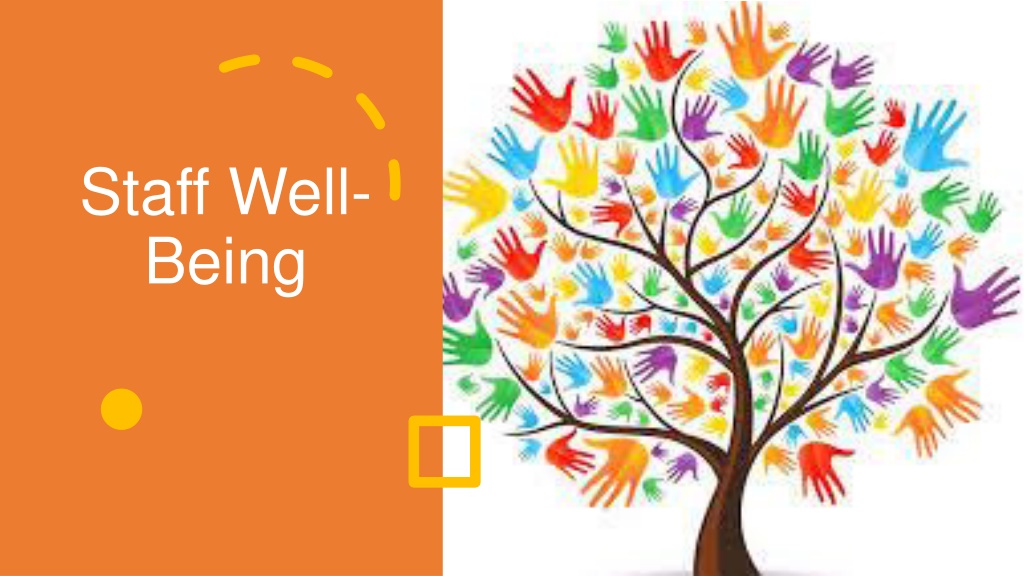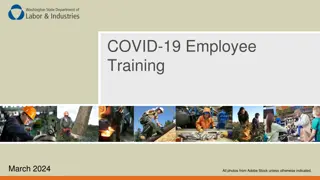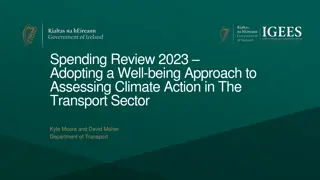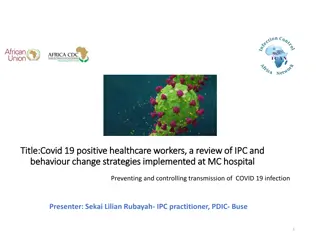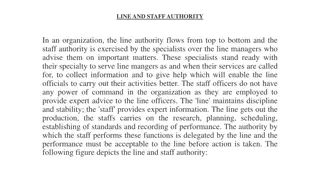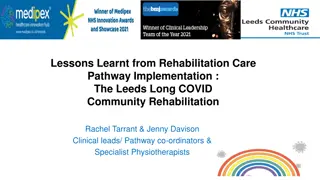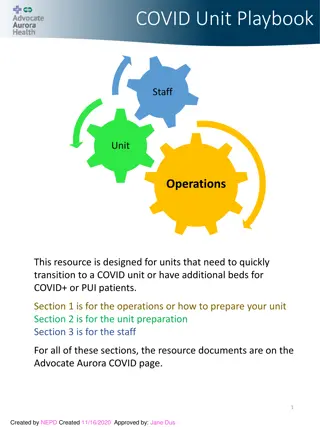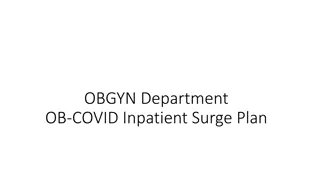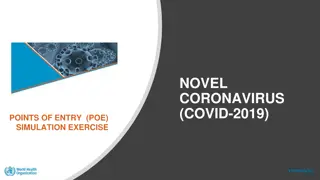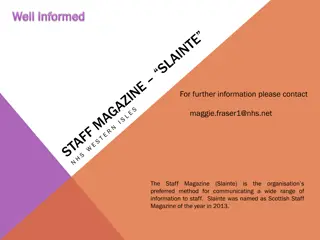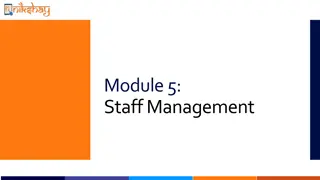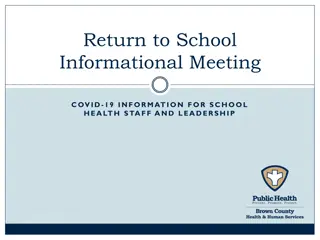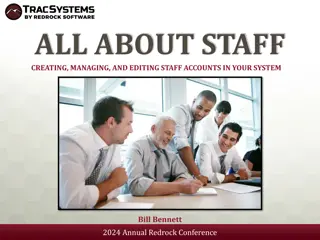Impact of COVID-19 on Staff Well-Being
Remain at early stages of understanding impact. COVID-19 disrupts coping mechanisms. Ways to maintain mental health and expectations on school staff managing high emotion levels, burnout, and compassion fatigue.
Download Presentation

Please find below an Image/Link to download the presentation.
The content on the website is provided AS IS for your information and personal use only. It may not be sold, licensed, or shared on other websites without obtaining consent from the author.If you encounter any issues during the download, it is possible that the publisher has removed the file from their server.
You are allowed to download the files provided on this website for personal or commercial use, subject to the condition that they are used lawfully. All files are the property of their respective owners.
The content on the website is provided AS IS for your information and personal use only. It may not be sold, licensed, or shared on other websites without obtaining consent from the author.
E N D
Presentation Transcript
Staff Well- Being
Outline Impact of COVID19 Burnout and Compassion Fatigue Assessing our well-being Taking care of ourselves Well-being wheel
Impact of COVID 19 We remain at the early stages of understanding the impact, with new lessons and research emerging almost daily. Preliminary findings from polls and lessons learned from previous virus outbreaks indicate that the virus will impact us all in some way. COVID19 is different to previous infectious outbreaks -disrupts what typically helps us cope and be resilient
What keeps us mentally healthy? Positive social contact Engagement in meaningful activity A degree of control in our lives Sleeping, eating well and being physically active.
Expectations on staff Many see schools re-opening as key indicator that we are over the curve We continue to look to schools for safety/reassurance Designing creative social distancing and safety measures Supporting CYP to recover socially, emotionally and academically Supporting anxious parents
Expectations on staff School staff will be in a position where they are managing and containing a high level of emotion and demand as well as coping with their own experience of quarantine High expectations on staff to remain emotionally intact, secure and calm when managing stressful situations We need to acknowledge that managing other s stress and challenges daily takes a lot of physical and emotional energy Need to allow yourself the time and space to re-charge To manage this you, yourself need to be in a good state
Burnout & Compassion Fatigue Burnout - physical and emotional exhaustion when people have low job satisfaction and feel powerless and overwhelmed at work. Compassion Fatigue stress resulting from helping or wanting to help people who are traumatised or suffering
Taking care of ourselves Being aware of what you are feeling Understanding why you are feeling that way Knowing the most effective way for expressing your feelings and being able to actually carry out this response Understanding and taking into account the feelings of others and adjusting your responses accordingly
Consider these key CHARACTERISTICS when assessing your own mental health: Ability to enjoy life Can you live in the moment and appreciate the now ? Are you able to learn from the past and plan for the future without dwelling on things you can t change or predict? Resilience Are you able to bounce back from hard times? Can you manage the stress of a serious life event without losing your optimism and a sense of perspective? Balance Are you able to juggle the many aspects of your life? Can you recognize when you might be devoting too much time to one aspect, at the expense of others? Are you able to make changes to restore balance when necessary? Self-actualization Do you recognize and develop your strengths so that you can reach your full potential? Flexibility Do you feel, and express, a range of emotions? When problems arise, can you change your expectations of life, others, yourself to solve the problem and feel better?
Focus on whats in your control What s (more) outside our control How long this will last The government s response How others follow guidelines The impact on our economy and way of life What s (more) in our control What we do here and now What and where we choose to seek information from How we follow the guidance Finding ways to support myself
Reframing negative thoughts Your thoughts about a situation affect how you feel both physically and emotionally, as well as how you act in response. There are helpful and unhelpful ways of reacting to a situation, often determined by how you think about them. Feelings Create behaviour Thoughts Create feelings Behaviour Reinforces thoughts
Self compassion We are often very good at being compassionate to others: Listening empathically Challenging negative thoughts Forgiving Giving our undivided attention A kind act But what about for ourselves?
Be in the present We can get caught up in life s demands with no time to stop If we take time to be aware of ourselves and be in the present moment, noticing our own thoughts and feelings, and the world around us, we can gain a better perspective. https://www.youtube.com/watch?v=wfDTp2GogaQ
Sleep is essential It is as important to our bodies as eating, and drinking Vital for maintaining good mental and physical health. Sleeping helps us to recover from mental as well as physical exertion. Strong relationship between sleep and health One of the biggest barriers to sleep is worry Worry Time Technique Develop a strong sleep hygiene routine
Peer support Our relationships act as a buffer in times of stress Resilience Check in systems Joint Problem Solving Sessions you are not alone!
Life long learning & Setting Goals 1. Write out a short list of beliefs and principles that have thus far shaped your life. 2. What beliefs and ideals currently motivate you and drive your life today? 3. What are your strongest values and principles? 4. List some of your current goals, including at home, work, relationships, family, health, physical, spiritual, personal, etc. 5. Divide those goals into what is urgent and what is not urgent. 6. Divide these goals into what is important and not
Last activity: Well- Being Wheel Write one thing you are going to take care of yourself on your wheel Discuss with the person next to you Arrange check in with another person
Closing reflections Each person share one word to describe how they found the session
